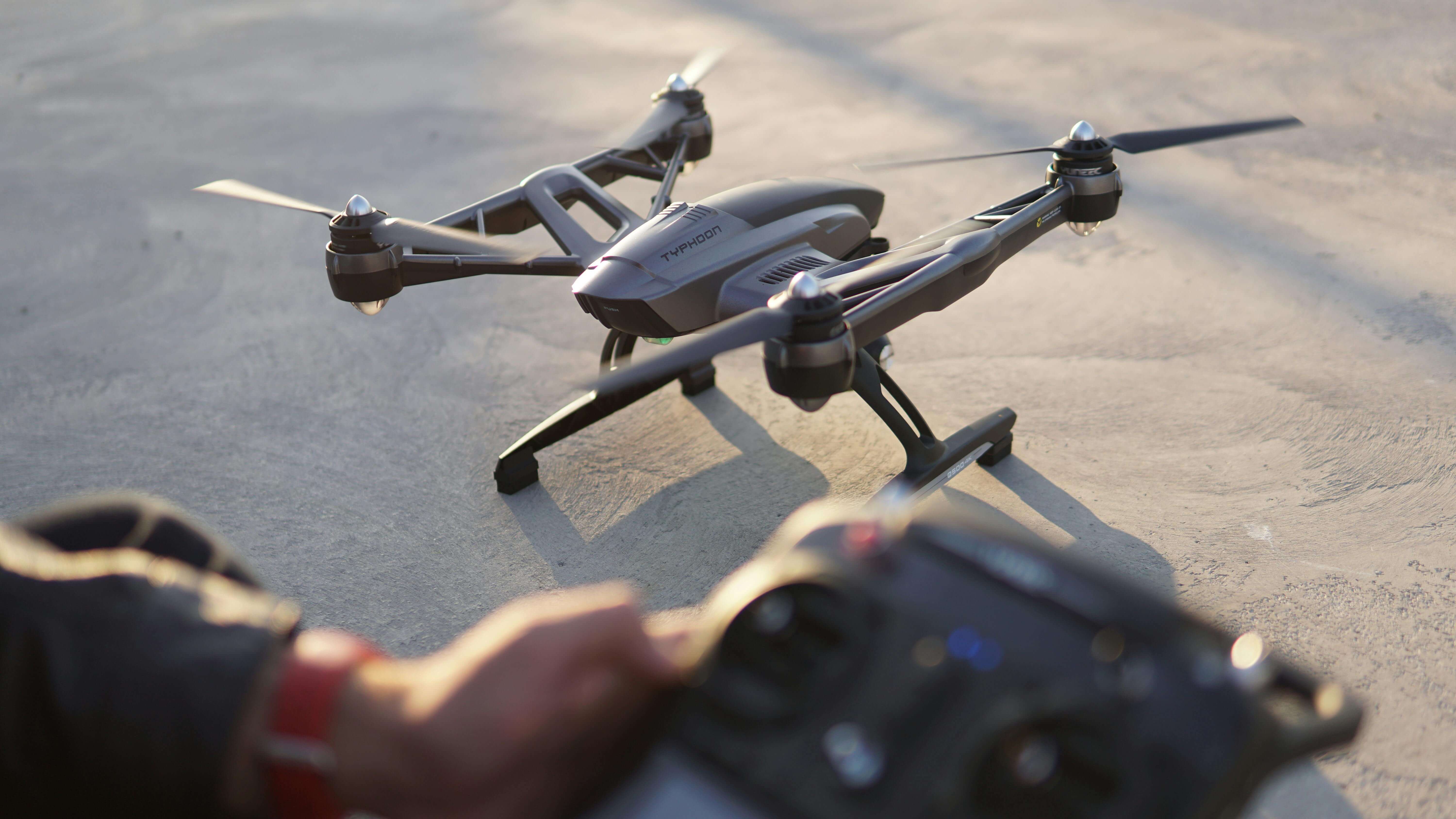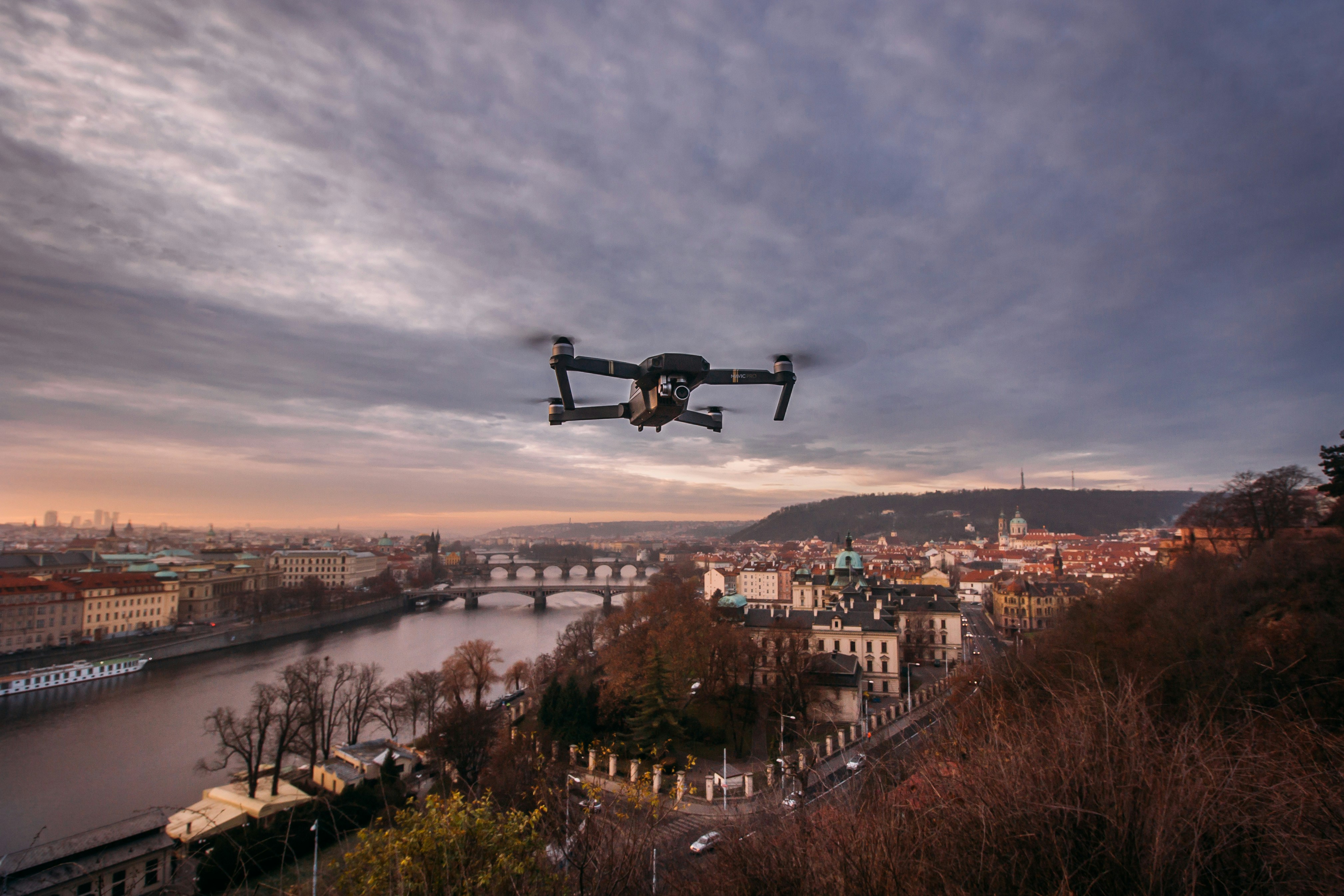
Return-to-Work Pathways: Relaunch Your UAV Career with Returnships, Flexible & Hybrid Roles
Re-entering the workforce after a career break—whether for parenting, caring responsibilities or another life chapter—can feel like navigating a new flight path, especially in the high-tech world of unmanned aerial vehicles (UAVs). Fortunately, the UK’s rapidly expanding drone sector now offers a variety of return-to-work pathways, from structured returnships to flexible and hybrid roles. These programmes value the transferable skills and resilience you’ve honed, pairing you with mentorship, targeted upskilling and supportive networks so you can ascend back into UAV operations, development or management with confidence. In this guide, you’ll discover how to: Understand the booming demand for UAV talent in the UK Translate your organisational, communication and problem-solving skills into UAV roles Overcome common re-entry challenges with practical solutions Refresh your technical and regulatory knowledge through targeted learning Access returnship and re-entry programmes tailored to the UAV sector Find roles that fit around family commitments—whether flexible, hybrid or full-time Balance your career relaunch with caring responsibilities Master applications, interviews and networking specific to UAVs Draw inspiration from real returner success stories Get answers to common questions in our FAQ section Whether you aspire to return as a flight operations manager, autonomy engineer, maintenance technician or survey pilot, this article maps out the steps and resources you need to relaunch your UAV career.











